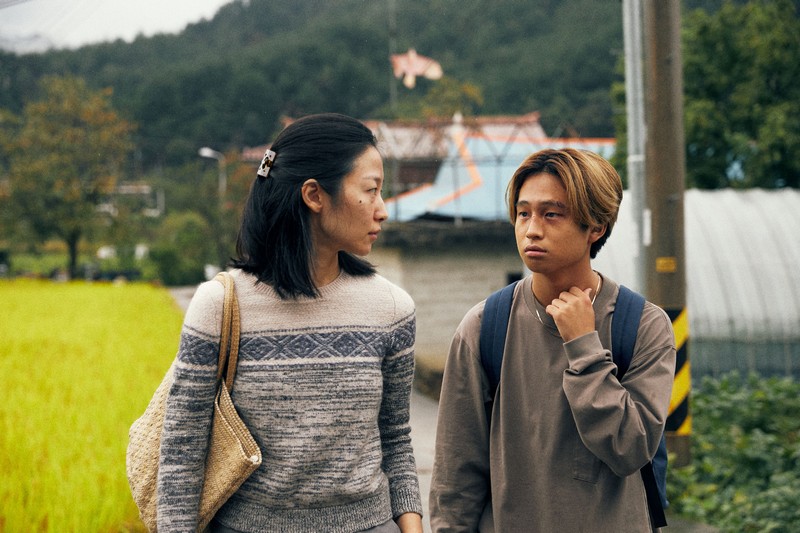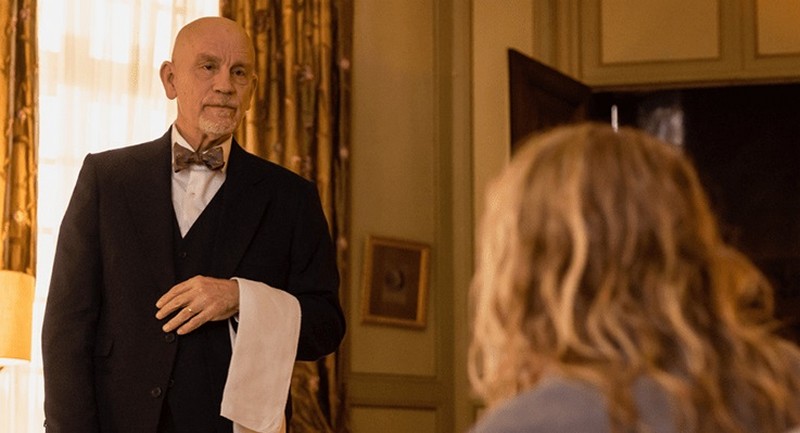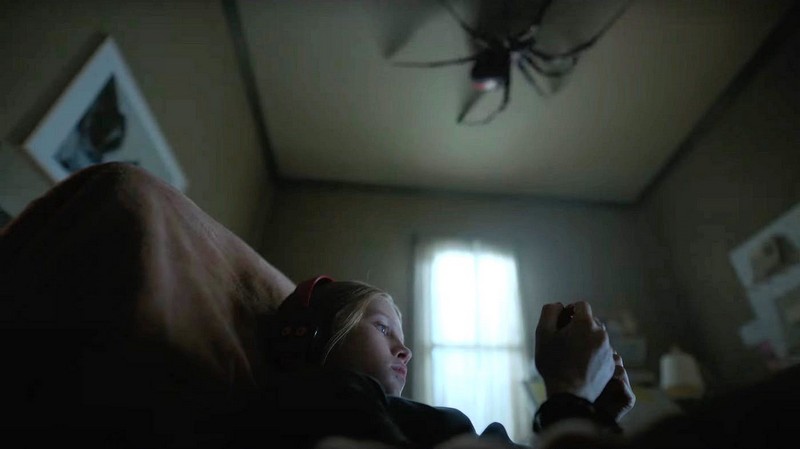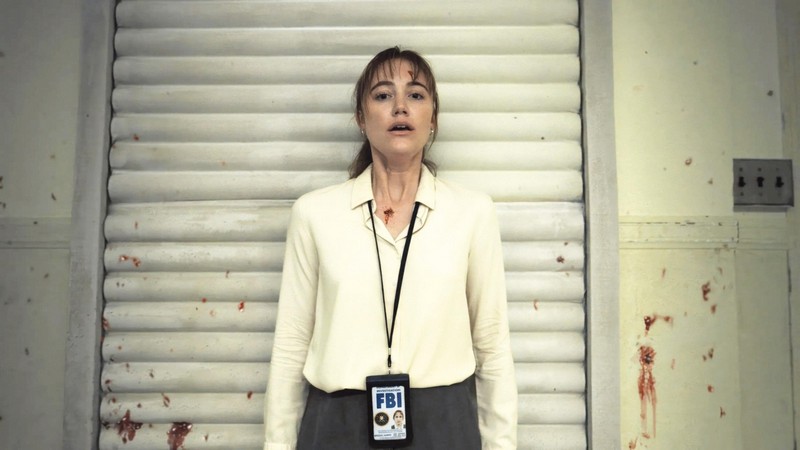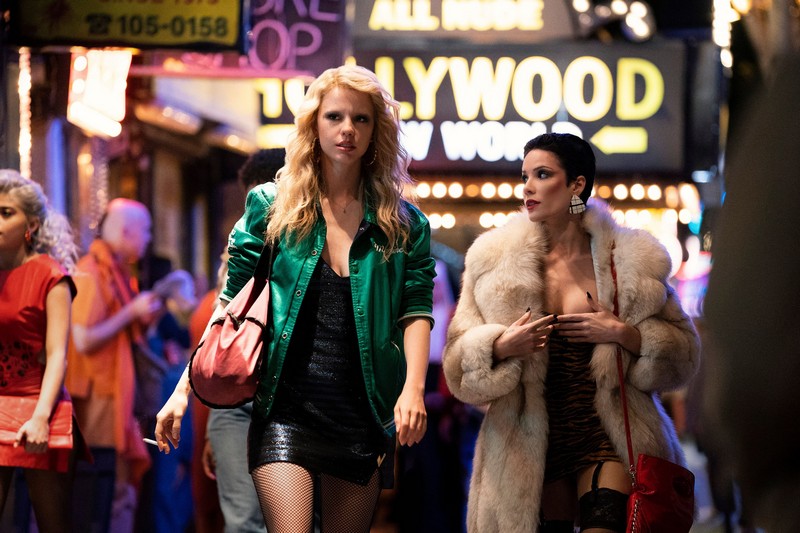This semi-autobiographical coming of age drama from Canadian filmmaker Anthony Shim explores the immigrant experience, the difficulty of fitting in and adjusting to a new culture and making friends with insight and empathy.

The film is set in the 90s. Following the suicide of her soldier boyfriend, who suffered from schizophrenia, So-Young (Choi Seung-yoon, a dancer making her feature film debut) is left to raise her young son alone. But because she is unmarried her child is not officially recognised as a Korean citizen by the government. So-Young feels the sting of her family’s shame and flees her small rural village in Korea and heads off to Vancouver to build a new life for herself and her son. There she works at a factory while trying to raise her son Dong-Hyun (Duhyun Noel Hwang). She sometimes has to fend off unwanted sexual advances from co-workers. Dong-Hyun faces racism at school – he is mercilessly teased at school because of his looks, and the strange Korean food he brings for lunch his shyness, and finds little support from his teachers, who don’t know how to pronounce his name and suggest he change it to a more Anglicized one.
A decade later the boy, now known as David, is an angry teenager (now played by Ethan Hwang, from TV series The Umbrella Academy) who finds life as an adolescent hard and is involved with drugs, parties and begins to reject all traces of his Korean identity. Any attempts to raise the issue of his father are met by silence by So-Young. At work she meets other Korean women including Mi-Sun (Jerina Son) who find support and a common bond with language and their heritage. She also meets a caring new friend in Simon (played by the director himself) at the factory where she works, but she resists his overtures to make their relationship more permanent.
When she is diagnosed with a terminal illness So-Young decides to take a trip back home to Korea and introduce Dyong-Hyun to his grandparents. This leads both mother and son to reassess their relationship and leads to them forming a stronger bond.
Riceboy Sleeps is the sophomore feature from actor turned director Shim. Like other Korean films such as Minari, the film explores the immigrant experience of trying to make a better life for their family with delicacy and insight. Shim’s depiction of a young boy caught between two cultures and a tradition he doesn’t quite comprehend reeks of authenticity as it has been informed by Shin’s own experiences. The film also explores universal themes of identity, cultural displacement, racism, grief, family, longing for a connection. He brings an unhurried observational approach to the material.
Seung-yoon suffuses her character with an admirable stoicism and her character pays tribute to Shim’s own mother and her sacrifices. The film is suffused with a palpable sense of the love that So-Young feels for her son. Hwang is also very good as he captures the adolescent David’s sense of anger, confusion and the sense of being an outsider adrift without roots.
The film benefits from the beautiful cinematography of Christopher Lew who works with long takes. He shot the early scenes of the film in 16mm, which gives the material a more claustrophobic and intimate feel. For the second half Lew uses a larger more expansive canvas and lends the material a dreamy quality. Much of the film was shot in locations that have personal resonance for Shim, and Lew captures evocative imagery and landscapes of the mountainous Korean locations. Andrew Hoon Lee’s score is also evocative if a little melodramatic.
Riceboy Sleeps is a heartfelt drama that will certainly find a niche in art house cinemas.
Greg King
Other reviews you might enjoy:

Greg King has had a life long love of films. He has been reviewing popular films for over 15 years. Since 1994, he has been the film reviewer for BEAT magazine. His reviews have also appeared in the Herald Sun newspaper, S-Press, Stage Whispers, and a number of other magazines, newspapers and web sites. Greg contributes to The Blurb on film

